Grand Illusion / Grande Illusion, La (1937)
“Frontiers are an invention of men; nature doesn’t give a hoot.”
|
Synopsis: |
|
Genres, Themes, Actors, and Directors:
Response to Peary’s Review: A number of memorable, powerful sequences are sprinkled throughout the film — including, as noted by Peary, the scene in which a soldier “dresses up like a female for a variety show, [and] all the men silently stare at him, thinking about the women the war has taken from them”: and the moment when “Russian prisoners receive textbooks and cookbooks instead of the expected food from their insensitive empress”. The final “act” of the film — once Gabin and Dalio have escaped and found refuge in the home of a German farm woman (Dito Parlo) — takes on a decidedly different tone from what’s come before; Renoir seems determined to show an idealized alternative to war, in which a French soldier and a German woman can fall in love “despite not knowing each other’s languages”. I have mixed feelings about this sudden shift in narrative and mood, but it’s lovely to see Parlo (so memorable in Jean Vigo’s L’Atalante) in another significant role. Redeeming Qualities and Moments: Must See? Categories
(Listed in 1001 Movies You Must See Before You Die) Links: |
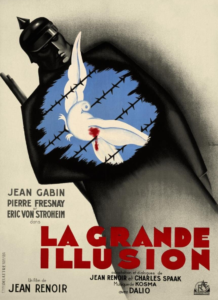
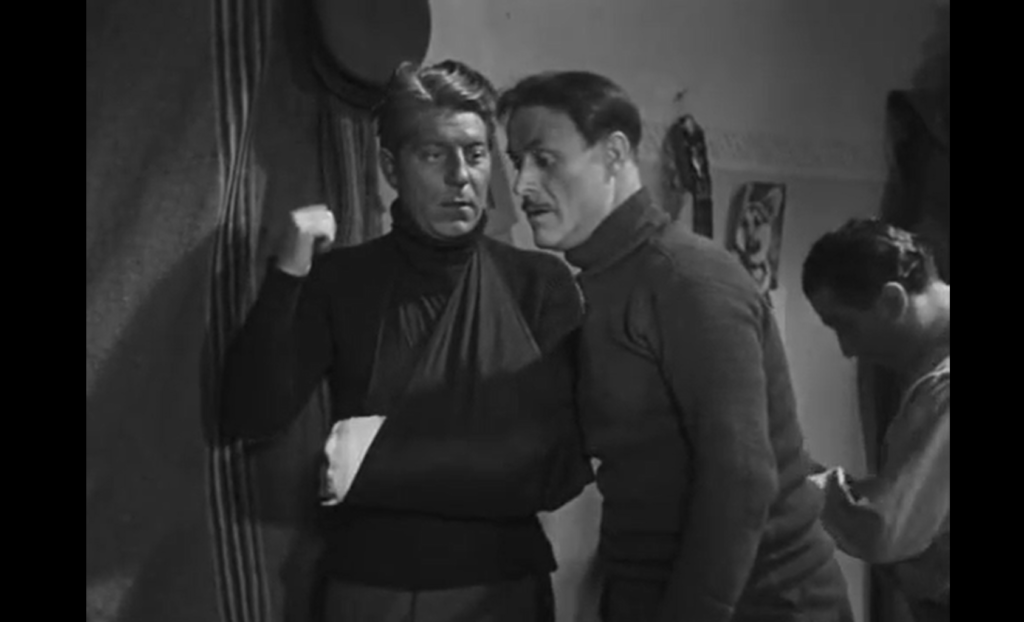
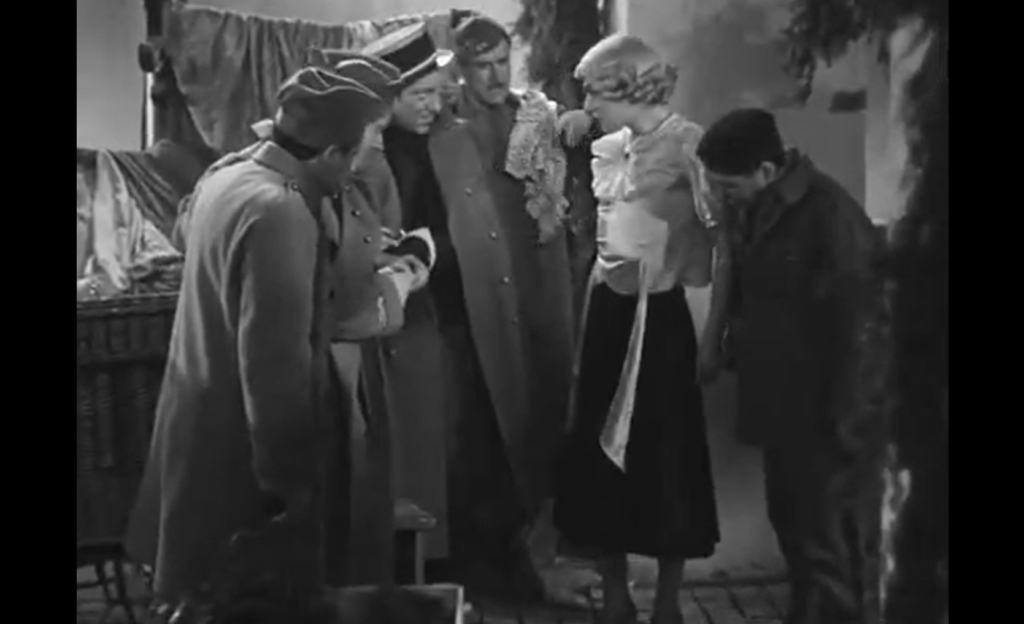
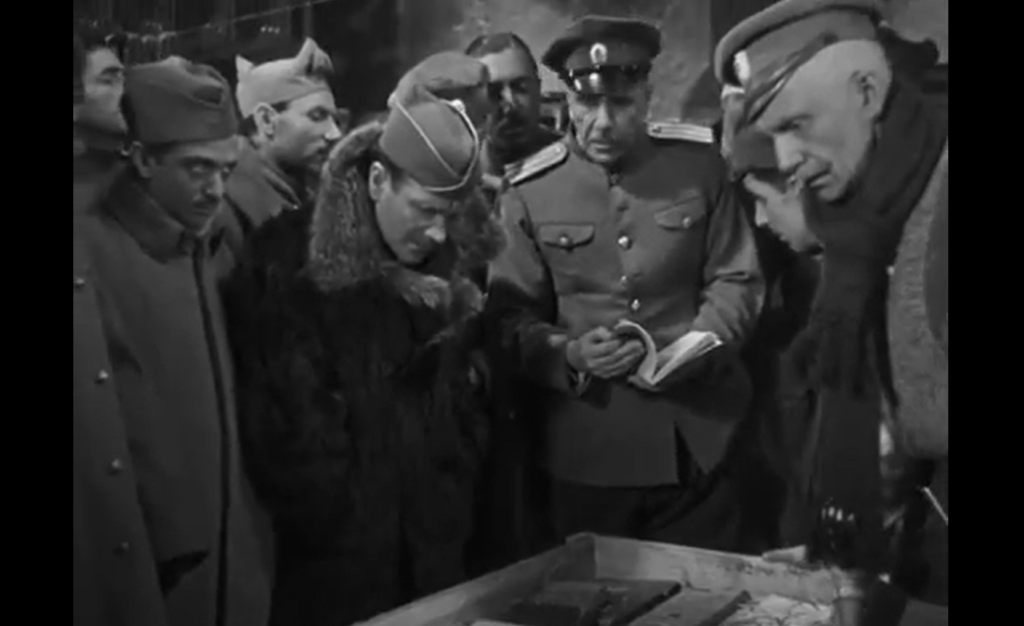
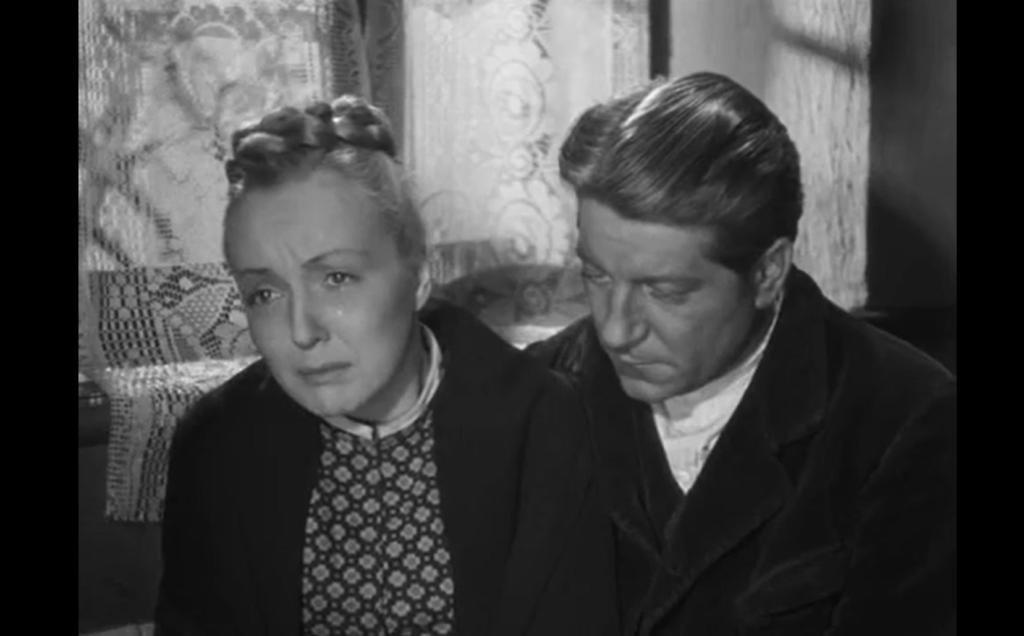
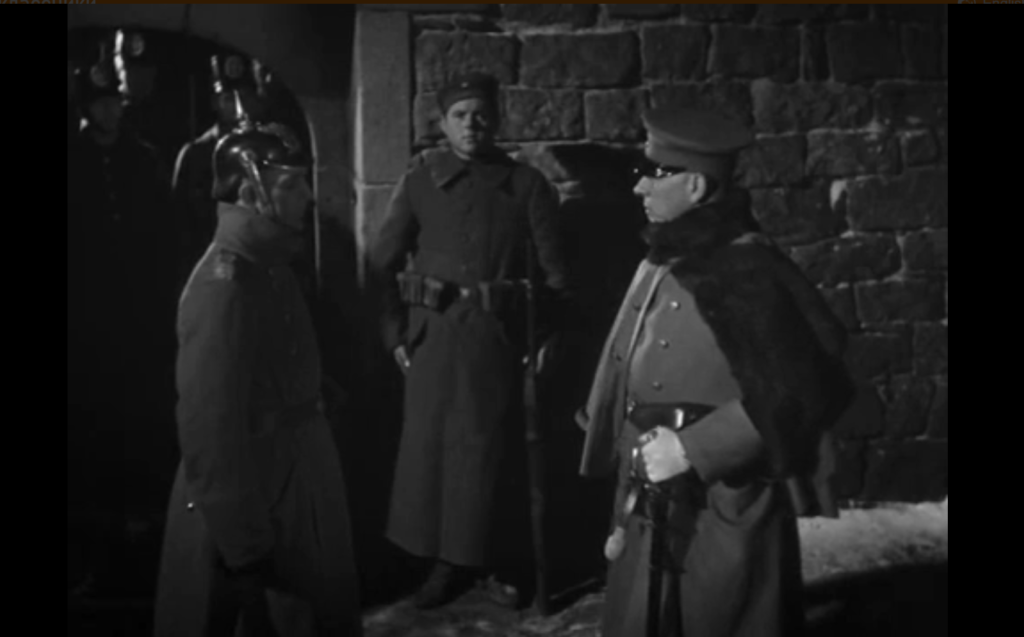
2 thoughts on “Grand Illusion / Grande Illusion, La (1937)”
A must for its historical significance as a classic, and for its main theme.
‘Grand Illusion’ is one of those movies that most serious (at least intellectual) film fanatics consider must-see as a great film in itself.
I can see that and understand why it’s held in such high regard. However, as a satisfying cinema experience, I find it a little soft, a little lacking in overall impact. (I’m tempted to think that more of the film’s impact may have been apparent when the film was first released, considering the countries involved, etc.)
It’s an intelligent film, and clearly the work of a sincere humanist. But it’s more the idea of the film that stands out here – rather than the acting or direction – so, while I admire its quiet, understated quality, even as a character-driven piece I find it wanting in dramatic thrust. (Of the performances, von Stroheim comes off as the most compelling and complex, even if his character exists in a bit of a vacuum dramatically.)
The floor show is a nice touch, of course. It seems you can’t go wrong with men in dresses.
I’ve seen this twice now. I’ll admit it’s required viewing. But I’m not all that enthusiastic about it as a preferred Renoir film.
This Is One Of My Favorite Films Of All Time.